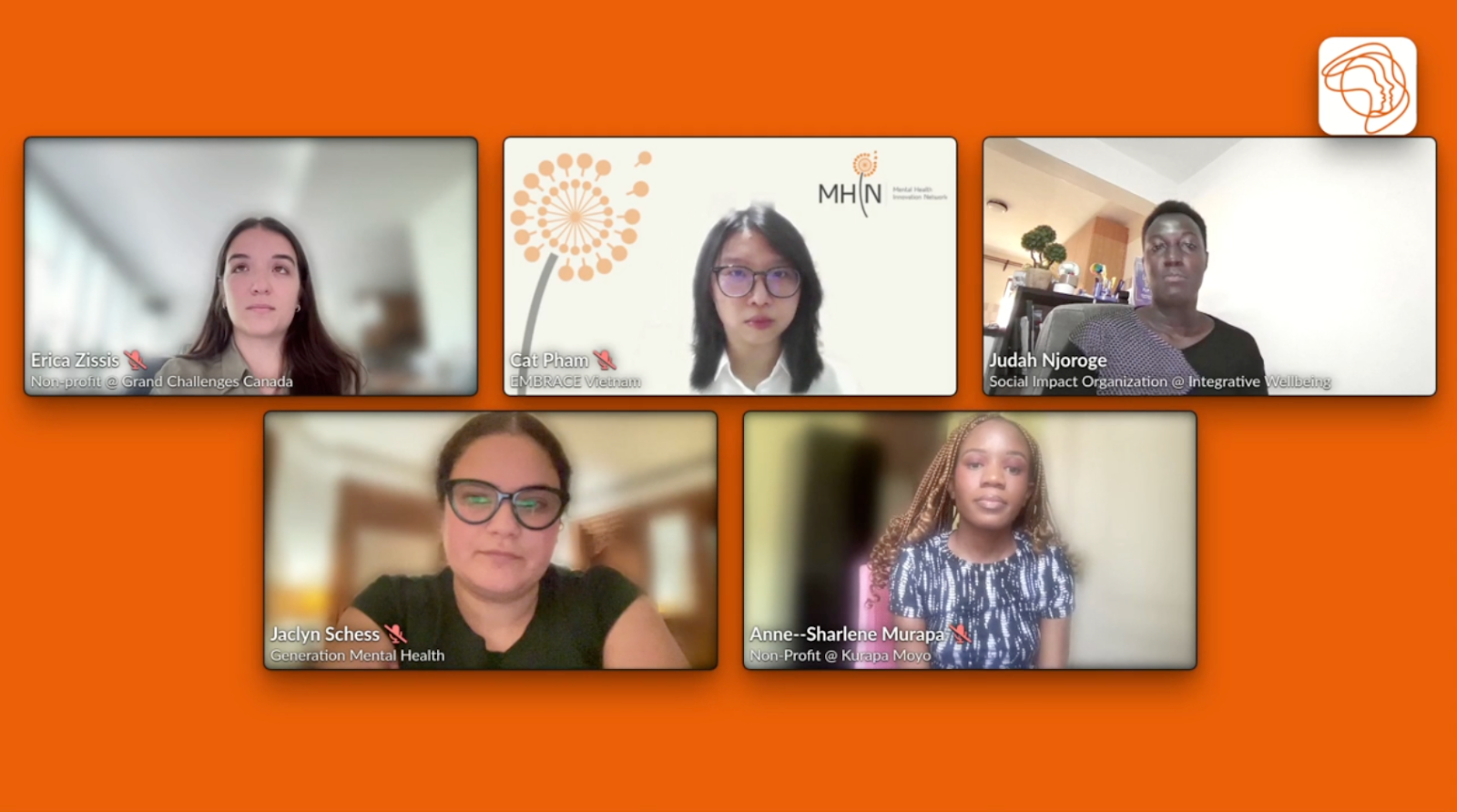The power of sharing your story
Our Global Lived Experience Ambassador, Matthew Jackman recently sat down with GenMH Founder Jackee Schess to discuss the importance of lived experience leadership in global mental health.
As part of GenMH's effort to empower and inspire those with lived (or living) experience, Matthew Jackman is coordinating a section of our blog dedicated to sharing stories of hope from people around the world. Check out this snip-it from Matthew and Jackee's Q+A , where Matthew discusses how sharing your story can inspire, empower and give hope to countless people, including yourself.
If you're interested in sharing your story, please do reach out to Matthew at matthewrjackman@outlook.com. We have also prepared some parameters to help guide you through the writing process:
Focus your story on:
- Your lived or living experience with mental health
- How you have found resilience, hope and inspiration cultivated from this experience
- Written, visual or lyrical story content is accepted, we want you to tell your story however you feel most comfortable.
- Aim for your story to be between 100 – 2000 words depending on your structure and key points
- Referenced material is accepted (e.g. journal articles, videos or websites)
- Use of visuals and / or graphics in story encouraged!
Also, don't forget to check out Matthew's own powerful story here .


